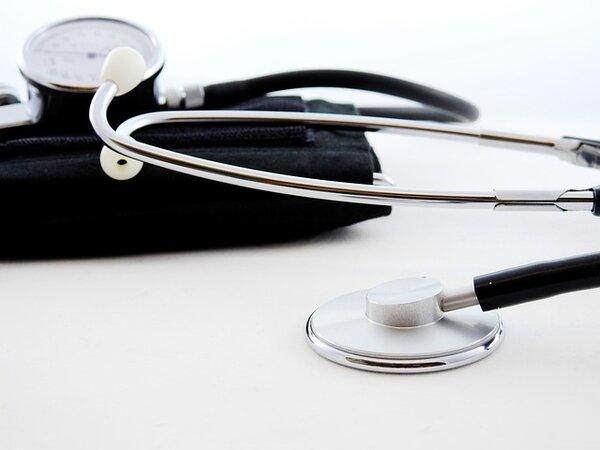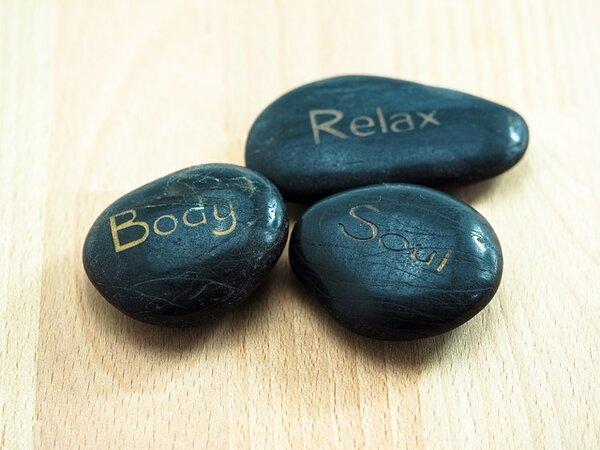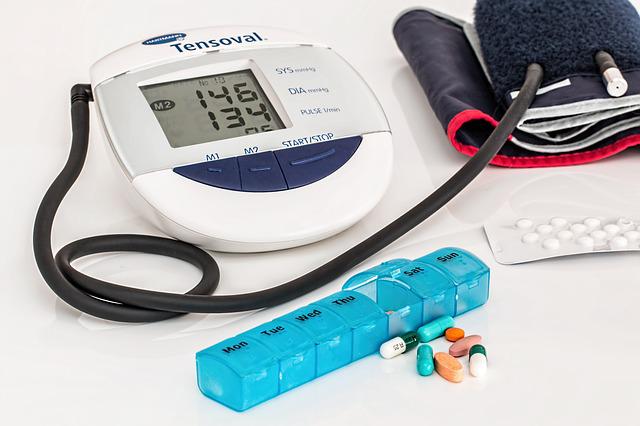
(Note: Some of the links in this post are affiliate links, and we will be compensated when you make a purchase by clicking through our links at no additional cost to you.)
Lowering Blood Pressure Quickly: Effective Strategies for Immediate Results
High blood pressure, also known as hypertension, is a common health issue affecting millions of people worldwide. It’s often referred to as a “silent killer” because it can lead to serious health problems like heart disease, stroke, and kidney damage if left uncontrolled. Fortunately, there are steps you can take to lower your blood pressure quickly and reduce your risk of these complications. In this guide, we will explore various strategies, both natural and lifestyle-related, to help you lower your blood pressure quickly and effectively.
Understanding Blood Pressure
Before delving into the strategies to lower your blood pressure quickly, it’s essential to understand what blood pressure is and how it’s measured. Blood pressure is the force of blood against the walls of your arteries as your heart pumps it around your body. It is measured in millimeters of mercury (mmHg) and is typically expressed as two numbers:
- Systolic Pressure: This is the higher of the two numbers and represents the pressure in your arteries when your heart beats or contracts.
- Diastolic Pressure: This is the lower number and signifies the pressure in your arteries when your heart is at rest between beats.
A normal blood pressure reading is typically around 120/80 mmHg. However, hypertension is diagnosed when your blood pressure consistently reads 130/80 mmHg or higher. High blood pressure often develops over time due to various factors, including genetics, diet, lifestyle, and underlying medical conditions.
Now, let’s explore how you can quickly lower your blood pressure through various methods:
1) Deep Breathing and Relaxation Techniques (Immediate Effects)
One of the fastest and most immediate ways to lower your blood pressure is through deep breathing and relaxation techniques. When you’re stressed, your body releases stress hormones that can raise your blood pressure. Deep breathing and relaxation exercises can help counteract this stress response and provide quick relief.
- Deep Breathing Exercise: Find a quiet place, sit or lie down comfortably, and close your eyes. Inhale deeply through your nose for a count of four, allowing your abdomen to rise. Exhale slowly through your mouth for a count of six. Repeat this cycle several times. Deep breathing helps relax your body and reduces stress, which can lower your blood pressure.
- Progressive Muscle Relaxation: This technique involves tensing and then relaxing different muscle groups in your body, starting from your toes and working your way up to your head. As your muscles relax, you’ll feel a sense of calmness, which can help reduce stress and lower your blood pressure.

2) Stay Hydrated (Immediate Effects)
Dehydration can cause your blood pressure to rise. By staying adequately hydrated, you can help maintain healthy blood pressure levels. Aim to drink at least eight glasses of water a day, and more if you’re physically active or in hot weather.
3) Limit Sodium Intake (Immediate and Long-term Effects)
Sodium, a component of salt, can contribute to high blood pressure. Reducing your sodium intake can have both immediate and long-term effects on your blood pressure. Avoid processed and salty foods, and try to cook fresh meals at home using herbs and spices for flavor instead of salt.
4) Potassium-Rich Foods (Long-term Effects)
Potassium is a mineral that helps your body balance sodium levels and can have a long-term impact on blood pressure. Foods rich in potassium include bananas, oranges, potatoes, spinach, and avocados. Incorporate these foods into your diet to help regulate blood pressure over time.
5) Exercise Regularly (Long-term Effects)
Physical activity is a potent way to lower blood pressure over the long term. Engaging in regular aerobic exercise, such as brisk walking, cycling, or swimming, can help lower your systolic blood pressure by up to 5-10 mmHg. Aim for at least 150 minutes of moderate-intensity exercise or 75 minutes of vigorous-intensity exercise per week.
6) Dietary Approaches (Long-term Effects)
Adjusting your diet can make a significant impact on your blood pressure levels. Consider adopting the DASH (Dietary Approaches to Stop Hypertension) diet, which emphasizes whole grains, fruits, vegetables, lean proteins, and low-fat dairy products while minimizing sodium intake. This diet has been shown to lower blood pressure effectively over time.
7) Manage Stress (Long-term Effects)
Chronic stress can lead to high blood pressure, so it’s crucial to find effective stress management techniques. Beyond deep breathing and relaxation exercises, you can try mindfulness meditation, yoga, or hobbies that bring you joy and relaxation.
8) Limit Alcohol Consumption (Long-term Effects)
While moderate alcohol consumption may have some cardiovascular benefits, excessive drinking can raise your blood pressure. If you drink alcohol, do so in moderation, which generally means up to one drink per day for women and up to two drinks per day for men.
9) Quit Smoking (Long-term Effects)
Smoking damages your blood vessels and can lead to elevated blood pressure. Quitting smoking is one of the most impactful steps you can take to improve your overall health and lower your blood pressure over time.
10) Get Adequate Sleep (Long-term Effects)
Poor sleep patterns and insufficient sleep can contribute to high blood pressure. Aim for 7-9 hours of quality sleep each night to support your overall health, including your blood pressure.
11) Herbal Remedies (Varied Effects)
Some herbs and supplements may help lower blood pressure, but their effects can vary from person to person. Examples include garlic, hibiscus, and fish oil supplements. It’s essential to consult with a healthcare professional before adding any new supplements to your routine, as they can interact with medications or have adverse effects.
12) Prescription Medications (Immediate Effects)
In some cases, lifestyle changes alone may not be sufficient to lower blood pressure quickly. If your hypertension is severe or if you have underlying health conditions, your healthcare provider may prescribe medication to help bring your blood pressure under control. These medications can have immediate effects in reducing blood pressure.

High blood pressure is a significant risk factor for various cardiovascular diseases, and it’s essential to take steps to manage and lower it. While there are immediate strategies you can implement, such as deep breathing, relaxation techniques, and staying hydrated, many long-term approaches can have a lasting impact on your blood pressure.
Combining dietary changes, regular exercise, stress management, and healthy lifestyle choices can help you achieve and maintain healthy blood pressure levels over time. Remember that it’s crucial to consult with your healthcare provider before making significant changes to your lifestyle or starting any new medications or supplements, especially if you have underlying medical conditions or are taking medications.
By taking proactive steps to lower your blood pressure, you not only reduce your risk of serious health complications but also improve your overall well-being and quality of life.
The only true way of ascertaining whether you have high blood pressure or not is by having it checked or monitored regularly using a home blood pressure monitor and tracking it with a blood pressure log. This is a painless procedure, and every adult should have their blood pressure checked regularly since your blood pressure can change over time. This way you are more likely to catch a change before it becomes dangerous. Ask your health care provider how often you need to check it.
>>> Click Here To Discover The Most Accurate Blood Pressure Monitor For Home Use







